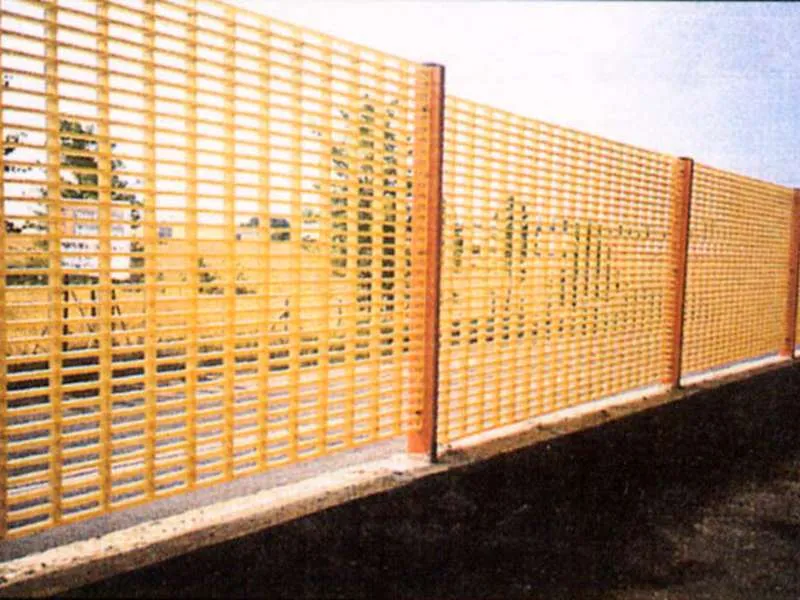
-
 Afrikaans
Afrikaans -
 Albanian
Albanian -
 Amharic
Amharic -
 Arabic
Arabic -
 Armenian
Armenian -
 Azerbaijani
Azerbaijani -
 Basque
Basque -
 Belarusian
Belarusian -
 Bengali
Bengali -
 Bosnian
Bosnian -
 Bulgarian
Bulgarian -
 Catalan
Catalan -
 Cebuano
Cebuano -
 China
China -
 China (Taiwan)
China (Taiwan) -
 Corsican
Corsican -
 Croatian
Croatian -
 Czech
Czech -
 Danish
Danish -
 Dutch
Dutch -
 English
English -
 Esperanto
Esperanto -
 Estonian
Estonian -
 Finnish
Finnish -
 French
French -
 Frisian
Frisian -
 Galician
Galician -
 Georgian
Georgian -
 German
German -
 Greek
Greek -
 Gujarati
Gujarati -
 Haitian Creole
Haitian Creole -
 hausa
hausa -
 hawaiian
hawaiian -
 Hebrew
Hebrew -
 Hindi
Hindi -
 Miao
Miao -
 Hungarian
Hungarian -
 Icelandic
Icelandic -
 igbo
igbo -
 Indonesian
Indonesian -
 irish
irish -
 Italian
Italian -
 Japanese
Japanese -
 Javanese
Javanese -
 Kannada
Kannada -
 kazakh
kazakh -
 Khmer
Khmer -
 Rwandese
Rwandese -
 Korean
Korean -
 Kurdish
Kurdish -
 Kyrgyz
Kyrgyz -
 Lao
Lao -
 Latin
Latin -
 Latvian
Latvian -
 Lithuanian
Lithuanian -
 Luxembourgish
Luxembourgish -
 Macedonian
Macedonian -
 Malgashi
Malgashi -
 Malay
Malay -
 Malayalam
Malayalam -
 Maltese
Maltese -
 Maori
Maori -
 Marathi
Marathi -
 Mongolian
Mongolian -
 Myanmar
Myanmar -
 Nepali
Nepali -
 Norwegian
Norwegian -
 Norwegian
Norwegian -
 Occitan
Occitan -
 Pashto
Pashto -
 Persian
Persian -
 Polish
Polish -
 Portuguese
Portuguese -
 Punjabi
Punjabi -
 Romanian
Romanian -
 Russian
Russian -
 Samoan
Samoan -
 Scottish Gaelic
Scottish Gaelic -
 Serbian
Serbian -
 Sesotho
Sesotho -
 Shona
Shona -
 Sindhi
Sindhi -
 Sinhala
Sinhala -
 Slovak
Slovak -
 Slovenian
Slovenian -
 Somali
Somali -
 Spanish
Spanish -
 Sundanese
Sundanese -
 Swahili
Swahili -
 Swedish
Swedish -
 Tagalog
Tagalog -
 Tajik
Tajik -
 Tamil
Tamil -
 Tatar
Tatar -
 Telugu
Telugu -
 Thai
Thai -
 Turkish
Turkish -
 Turkmen
Turkmen -
 Ukrainian
Ukrainian -
 Urdu
Urdu -
 Uighur
Uighur -
 Uzbek
Uzbek -
 Vietnamese
Vietnamese -
 Welsh
Welsh -
 Bantu
Bantu -
 Yiddish
Yiddish -
 Yoruba
Yoruba -
 Zulu
Zulu
Exploring the Advantages and Applications of FRP Vessels in Modern Industries
Understanding FRP Vessels Revolutionizing the Storage and Transportation of Liquids
Fiber Reinforced Plastics (FRP) vessels have emerged as a groundbreaking solution in various industries, particularly for the storage and transportation of liquids. Their unique properties, such as excellent chemical resistance, lightweight nature, and superior strength, have made them indispensable in modern applications. This article explores what FRP vessels are, their benefits, applications, and future prospects.
What are FRP Vessels?
FRP vessels are containers made from a composite material consisting of a polymer matrix reinforced with fibers, typically glass, carbon, or aramid. The reinforcement fibers provide tensile strength and rigidity, while the polymer offers protection against environmental factors and chemical substances. The manufacturing process involves layering the fibers and resin in a mold, which is then cured to create a robust and durable structure.
Key Benefits of FRP Vessels
1. Chemical Resistance One of the most significant advantages of FRP vessels is their exceptional resistance to a wide range of chemicals, acids, and bases. Unlike traditional materials like steel, which can corrode or react with various substances, FRP offers reliable containment solutions for industries handling aggressive chemicals, including the chemical processing and pharmaceutical sectors.
2. Lightweight FRP vessels are significantly lighter than their metal counterparts. This lightweight characteristic not only reduces transportation costs but also simplifies installation and handling, making it easier for workers to manage the vessels safely.
3. Durability FRP materials exhibit impressive durability and longevity. They are resistant to environmental factors such as moisture, UV radiation, and temperature fluctuations, which can severely damage other materials. As a result, FRP vessels require less frequent replacement, leading to lower maintenance costs over time.
4. Design Flexibility The versatility in design associated with FRP allows for customization in terms of shape, size, and capacity. Manufacturers can create vessels tailored to specific operational requirements, ensuring optimal performance in different settings.
5. Cost-Effectiveness While the initial cost of FRP vessels might be higher than conventional materials, their durability, low maintenance, and long operational life often make them more economical in the long run.
frp vessel

Applications of FRP Vessels
FRP vessels find applications across various sectors due to their unique properties. In the chemical industry, they are commonly used for storing hazardous materials, ensuring safety and environmental compliance. In the water treatment sector, FRP tanks are employed in systems like filtration and separation processes.
Additionally, the oil and gas industry utilizes FRP vessels for storing and transporting corrosive substances while minimizing weight-related challenges on drilling rigs or offshore platforms. Renewable energy sectors, such as wind energy, also benefit from FRP in turbine components, showcasing the material's versatility.
Moreover, the agriculture industry has adopted FRP for fertilizers and pesticides storage, given its resistance to chemicals and lower risk of contamination.
Future Prospects
As industries increasingly prioritize sustainability and safety, the demand for FRP vessels is expected to rise. Innovations in manufacturing processes, such as automated fabrication and advanced resin systems, are likely to enhance the performance and cost-effectiveness of FRP vessels further.
Research and development efforts are also focused on improving the recyclability of FRP materials. This shift aligns with global sustainability goals and could drive wider acceptance in various industrial applications.
Conclusion
FRP vessels represent a significant advancement in storage and transportation solutions across multiple industries. Their unique properties offer unmatched advantages that address various operational challenges. As industries evolve and seek sustainable options, FRP vessels are positioned to play an increasingly vital role in enhancing safety, efficiency, and environmental responsibility. The future of FRP technology looks bright, promising continued innovation and application in diverse fields.









